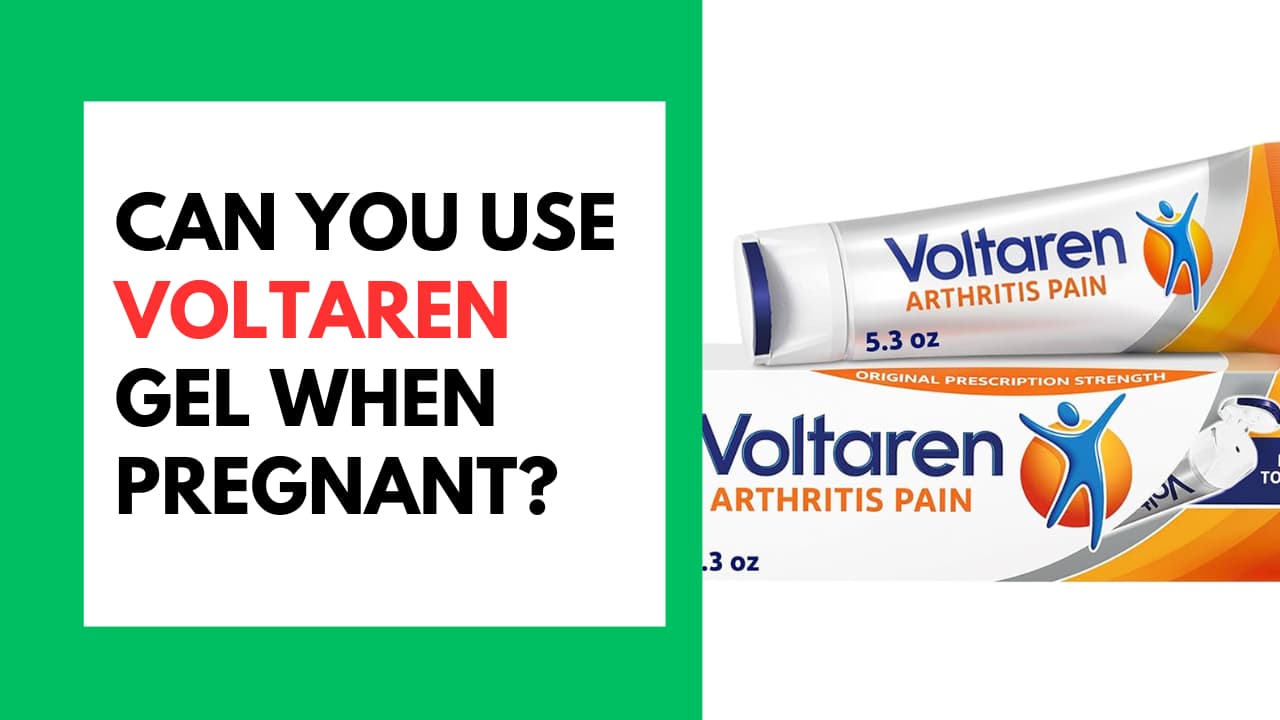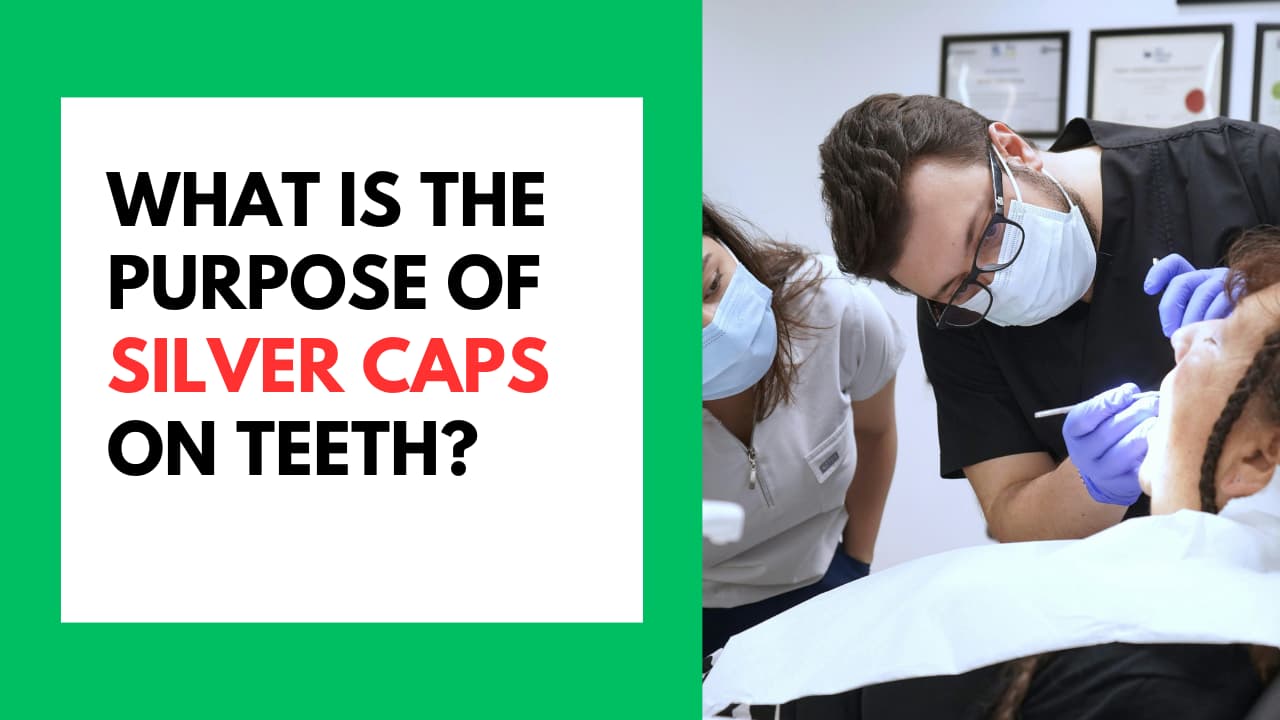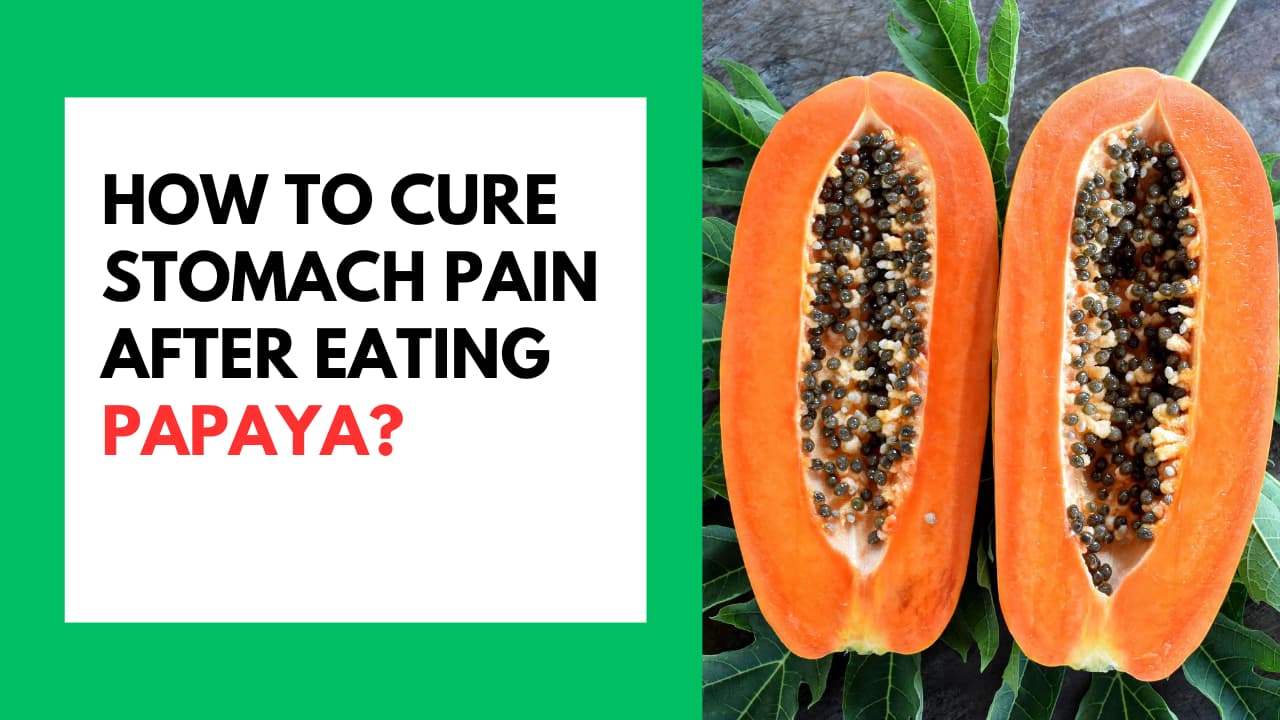Pregnancy is a special time filled with joy and excitement. However, it’s not exempt from unexpected aches and pains that leave many moms-to-be looking for safe ways to feel better. Voltaren Gel is a common choice for easing sore muscles and joint pain, and many people rely on it for quick relief. But when you are carrying a baby, you need to be mindful about everything you consume or apply. So, if you have muscle pain, you might want to reach out to this familiar gel. But before you do it, let’s discuss whether you can use Voltaren Gel during pregnancy.
Expert in This Article
Dr. Dudhbhai specializes in women’s health and minimally invasive gynecologic surgery.
What Is Voltaren Gel?
Voltaren Gel is a pain-relief gel that contains diclofenac, a type of nonsteroidal anti-inflammatory drug (NSAID). It helps reduce pain and swelling by blocking the substances in the body that cause inflammation. People often use it to treat joint pain from osteoarthritis, especially in areas like the hands, wrists, elbows, knees, ankles, and feet. You apply the gel directly to the skin over the painful area, which gives targeted relief without affecting the whole body like pills sometimes do.
Safety Concerns of Using Voltaren Gel During Pregnancy
Voltaren Gel contains diclofenac, a type of NSAID, effective for pain relief, but it can also affect important body functions during pregnancy. The following are some pain concerns:
· Possible Risks to the Unborn Baby, Especially Later in Pregnancy
Using diclofenac during pregnancy, especially after the 20th week, can pose serious risks. It is not recommended in the third trimester because it may cause major problems, such as the early closure of a key blood vessel in the baby’s heart called the ductus arteriosus. This vessel is crucial for proper blood flow before birth. Diclofenac use in late pregnancy can also lead to kidney issues in the baby, which may reduce the amount of amniotic fluid (the protective fluid around the baby) and increase the chance of complications after birth.
· Impact on the Baby’s Blood Flow and Amniotic Fluid
According to Dr. Munira Dudhbhai of Lewisville Women’s Care, “The ductus arteriosus is an important vessel that helps blood bypass the baby’s lungs, which aren’t used until after birth.” NSAIDs like diclofenac can cause this vessel to close too early, which can lead to heart and lung problems in the baby. Also, diclofenac can affect the baby’s kidneys, lowering the amount of urine the baby produces. Since urine makes up a big part of the amniotic fluid, this can reduce the fluid levels around the baby. Low amniotic fluid can lead to problems with the baby’s development, such as tight joints (limb contractures) and slow lung growth.
When Is Voltaren Gel Safe During Pregnancy?
Voltaren Gel is generally considered to be fairly safe during the first trimester of pregnancy. This statement is based on studies that haven’t shown a higher risk of congenital disabilities or miscarriage when used early on. However, it should still be used only if a doctor approves, because not all possible risks are fully known.
Starting around 20 weeks of pregnancy, doctors recommend being more careful. Using diclofenac at this stage may affect the baby’s kidneys and lower the amount of amniotic fluid, which protects the baby in the womb. After 30 weeks, using Voltaren Gel is strongly discouraged because it can cause a key blood vessel in the baby’s heart (the ductus arteriosus) to close too early. This can lead to serious problems with the baby’s heart and lungs.
Alternatives to Voltaren Gel for Pain Relief in Pregnancy
It is important to avoid NSAIDs like Voltaren Gel during pregnancy. Luckily, there are many other useful alternatives to manage pain. “However, before using any remedy or medicine for pain relief, you must seek approval from a qualified healthcare provider.” Says Dr. Dudhbhai. Some safe and effective pain management options include:
- Acetaminophen (Paracetamol): This is often the safest over-the-counter pain reliever for pregnant women. It works well for mild to moderate pain and is generally considered safe when taken in the recommended dose and for a short time, always under a doctor’s advice.
- Non-Drug Therapies: Many natural methods can help ease pain without the risks that come with medication. These include gentle exercise, physical therapy, acupuncture, relaxation techniques, hot or cold packs, and water therapy. These options are often very effective and safe during pregnancy.
- Low-Dose Aspirin: In some cases, doctors may prescribe low-dose aspirin to help prevent certain pregnancy problems. However, it’s not meant to be used for regular pain relief and should only be taken under a doctor’s care.
- Prescription Options: If pain becomes severe and other methods don’t help, a doctor might suggest short-term use of certain medications like codeine. But these are used only when absolutely necessary and under close medical supervision, because they can have side effects and may affect the baby.
What to Do If You Have Used Voltaren Gel During Pregnancy?
If you have already used Voltaren Gel during pregnancy, it’s important to talk to your doctor as soon as possible for advice and proper care. If you used it in the first trimester, studies show that the risk of serious congenital disabilities is low, but you should still let your doctor know so they can keep a closer eye on your pregnancy. “You should not use Voltaren Gel again unless your doctor specifically tells you it’s safe.” States Dr. Munira Dudhbhai.
Your doctor might suggest extra check-ups, like ultrasound scans, to make sure your baby is doing well and to check the level of amniotic fluid. They will look at the possible risks and benefits to decide the best and safest plan for you and your baby.
Wrapping Up
You can’t use Voltaren Gel during pregnancy, especially after 20 weeks. Because of the earlier-mentioned risks, pregnant women should always talk to their doctor. Whether you use a Voltaren Gel or any other pain medication, your doctor’s approval is a must to keep you and your baby safe.






